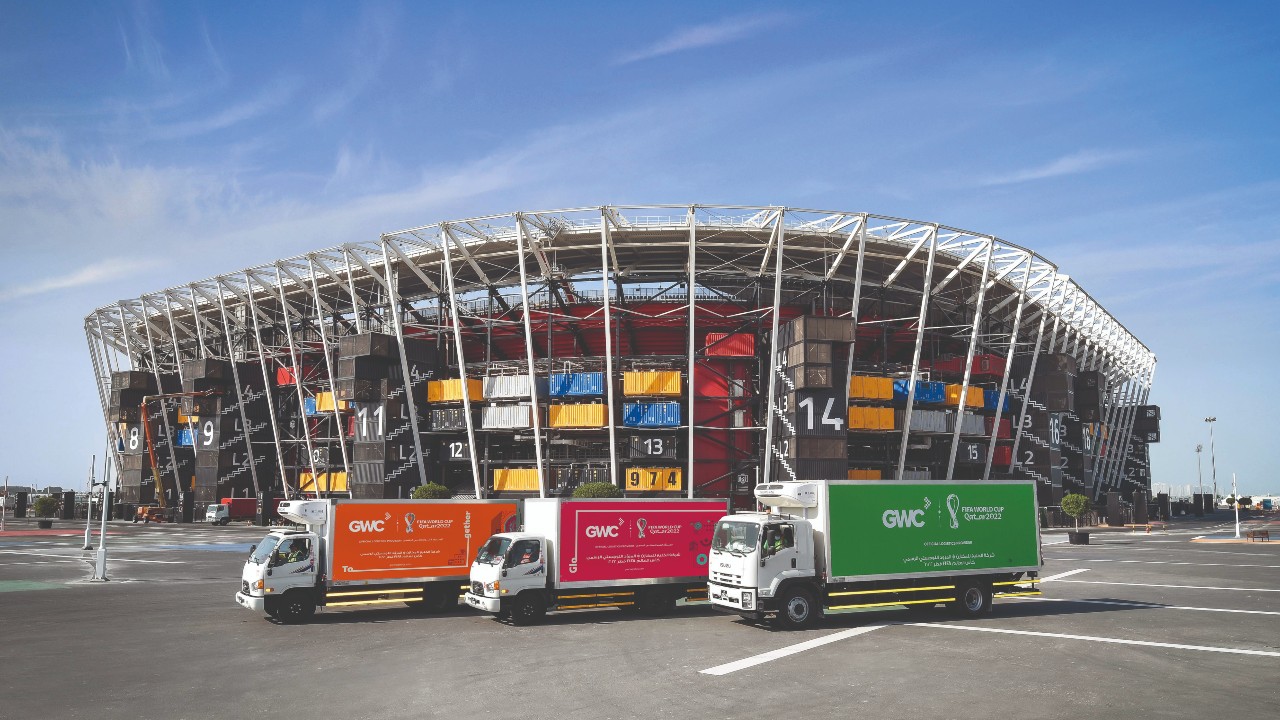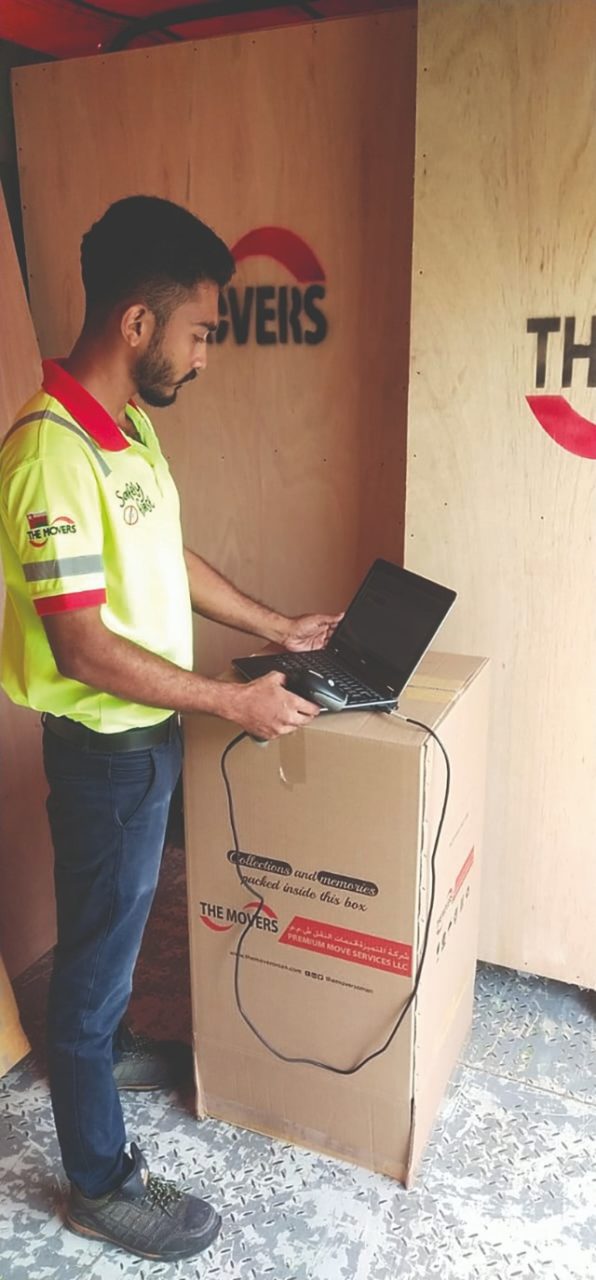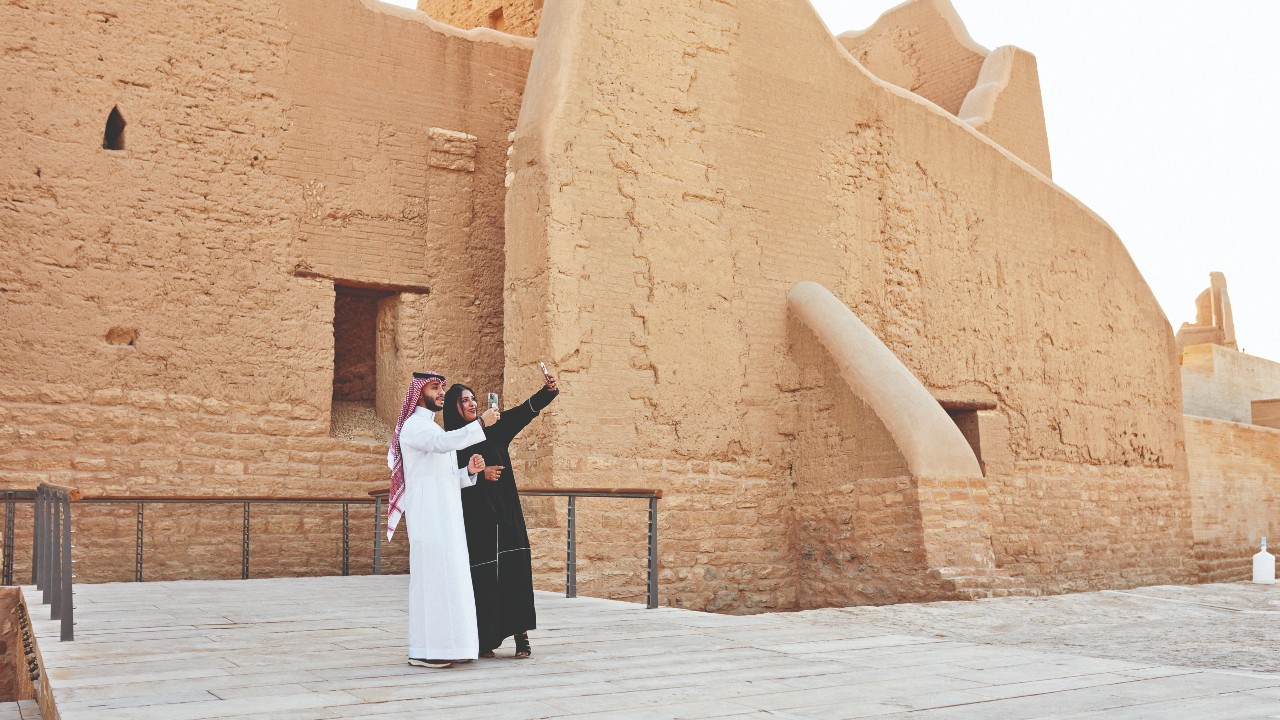Initiatives from Gulf State governments have triggered a broadening of the region’s business focus beyond oil and commerce towards tourism, sports and other emerging sectors. Movers in Bahrain, Kuwait, Oman, Saudi Arabia and UAE speak to Andrew Mourant about the opportunities this is giving them – and how they are catering for this period of dynamic growth
The FIFA World Cup Qatar 2022 brought Gulf States under the international spotlight. Qatar, as host nation, was the focal point, scrutinised from all angles: from its stadium infrastructure to its culture and values. But there was also increased interest in its neighbours, not least Saudi Arabia (SA), the region’s largest country. For decades, its economy has been synonymous with oil and gas.
Now, it’s hard to escape the massive drive SA is making towards transforming itself into a holiday hotspot. This is impacting on businesses of all kinds, not least the moving industry.
‘The whole scenario has changed,’ says Rasheed Ali, Managing Director of Moving and Relocations for Four Winds KSA. ‘By 2030, Saudi Arabia wants to become one of the best tourism destinations in the world. It’s exploring all sorts of areas – mountain tourism, ocean tourism, and there are sporting events such as boxing and the Formula 1 Grand Prix. It’s a big cultural shift.’
Creating all this requires infrastructure – and that means moving people and sorting out the logistics: very much Four Winds’ territory. Ali’s firm has been busy transferring expat labour in and out of Saudi Arabia, especially from India and Pakistan – ‘not only household goods, but doing home and school searches’, says Ali.
A change of mindset
Four Winds, in business for 44 years – of which Ali has worked 32 – has also gained a bigger share of the logistics business, its scope extending to exhibitions and art moves. Although there’s a seemingly bottomless pool of foreign labour (Four Winds uses recruitment agencies from as far afield as the UK and Philippines), Saudi’s nationalisation policy dictates quotas for certain industries; the IT and communications sectors, for example, must use a minimum of 20-25 per cent local labour in their workforce. ‘We subcontract certain jobs, such as drivers and other blue-collar posts,’ Ali says.
The economy is being driven by a change of government mindset. Start-up businesses are being encouraged.
‘With new regulations we’re getting dynamic expansion. Changes are happening very fast – almost every other day,’ says Ali. This is true for other Gulf states, though few have buzzed quite like Qatar, where GWC Logistics has enjoyed a meteoric rise in business fortunes. Its ascent began by filling the gaps it spotted in the sector and developed a momentum that saw it chosen by FIFA as a partner for the men’s 2022 World Cup.
Alongside involvement in oil and gas moves, GWC was the first logistics company to obtain a licence to store dangerous goods. That was in 2010, and was followed in 2016 by it becoming the first to be licenced for distribution of pharmaceuticals, as a third party, from its warehouse. By then GWC was laying the groundwork for the World Cup, building up capability for international sporting events – boxing, cycling, equestrian – and, in 2019, being chosen by FIFA as its partner for the Club World Cup championship.

The firm now has 4,000 employees, 1,600 vehicles and ever-increasing warehouse capacity. Qatar is eyeing up landing the Olympic Games, but GWC’s expansion is about more than blue-chip sporting jamborees, focusing not least on expanding warehousing and storage for small and medium-size businesses.
There are other strands, too: bank records storage, fine art – you name it. Oil and gas catalysed Qatar’s boom, but what sustains it? ‘There’s no income tax, so that attracts expats, but it’s also family friendly and has a low crime rate,’ says Relocations Manager Marilyn Nicholas.
Expat numbers – more than 80 per cent of Qatar’s population – are greatest from southeast Asia and countries such as Bangladesh. GWC’s rapid growth has depended heavily on foreign workers. ‘Qatar has a completely free labour market, so it’s easy for people to come,’ says Marketing Director Mohammad Daoud. ‘But we need the right people with skills and talent – people who’ll fit into the team and GWC culture. It can be a challenge to train people while keeping competitive.’
GWC is committed to long-term growth locally and internationally, and expanding beyond Qatar with offices in Saudi Arabia and Dubai. With the country planning to increase natural gas production by 50 per cent and a finger in most aspects of the removals and logistics pie, it looks set to remain a dominant force.
Investment on the up
Aside from the World Cup surge, Qatar continued to pull in foreign investment as more multinational companies pitched up. Moreover, local firms have grown. That said, patterns of business for movers can sometimes be uneven, as Seema John, Manager of International Moving at GAC Qatar, tells FIDI Focus. ‘It fluctuates from being tremendously busy to not so busy, so we adjust to the changes,’ she says.
Nevertheless, John anticipates an upward trend. ‘With long-term economic diversification and infrastructure development, major business sectors are expected to grow even more,’ she says. ‘This will probably increase the need for relocation services, to move skilled professionals and their families.’
Meanwhile, as Qatar’s cultural sector grows and the art market expands, handling fine art has become a growing part of GAC’s business. ‘We see a need for specialised help in packing, crafting, transportation, installation, and storage, for individuals and businesses.’
An international hub
While Bahrain cannot boast of having staged a World Cup, its long-established policy of being business- friendly and embracing expats makes it a hub for international moving companies.
GAC Bahrain, dating from 1957, is one of the country’s oldest logistics companies. From modest beginnings, it now has a presence in Abu Dhabi and Dubai in the UAE, Bahrain, Kuwait, Oman, Qatar (see above) and Saudi Arabia. Its scope covers pretty much everything: household and commercial moving; packing/unpacking; secure storage; freight; records management; portable on-demand storage; and fine art logistics.
GAC claims to be Bahrain’s only mover with two customs-bonded warehouses, strategically located at the airport and seaport. The company sets great store by security: warehouses have firefighting systems, round-the-clock surveillance by trained security personnel, and CCTV. In fact, technology has transformed all its operations in recent years, helping make moves and relocations more efficient.
Recently, GAC began tapping into the country’s abundant solar energy. ‘We’ve installed more than 550 panels on the rooftop of our warehouse in Bahrain Investment Wharf, in Al Hidd,’ Business Manager Klaus Holmager tells FIDI Focus. ‘These are expected to generate up to 487,000kWh of clean and renewable energy annually, and reduce the company’s CO2 emissions by more than 485 tonnes.’

Oil and the environment
Oil has long been Kuwait’s economic mainstay, something that will intensify over the next two decades. In July, the country announced plans to invest US$300bn in the energy sector by 2040. According to Deputy Prime Minister Saad Al Barrak, investment around the world faces ‘significant gaps’ that need filling to ‘prevent crises that could adversely affect the markets and the global economy’.
But the country isn’t just investing in oil. It may sound counterintuitive, but Kuwait has also committed to reaching net zero by 2050 and plans big spending on renewable energy – all good news for the country’s removals and logistics industry. ‘This will propel business to new heights, as many executives will travel to the country to work on these projects,’ says Vivek Pawar, Senior Supply Chain Manager for Alghanim. Kuwait is very much a state where people go to grow their careers.
With the country bent on ever-growing economic expansion, recruiting and retaining good staff is crucial for Alghanim.
‘We provide continuous training and rotation among departments for staff to learn new things,’ Pawar says. ‘Launching products or tech solutions excites people, as they are constantly learning new skills. We have a rigorous hiring process. Most of our new hires are from outside Kuwait, so we only select candidates who plan staying long term. Most of our team have been with us 15 years or more.’
Omani opportunities
Of all the Gulf states, Oman, surrounded by water north, east and south, has the lowest profile. Ruled by the Omani Al Said family since 1744, it was one of the most isolated countries in the Arab world until the 1970s, when Sultan Qaboos became ruler. Since then, it has leapt forward educationally, economically and financially.
New urban neighbourhoods epitomise this modernisation. The latest to be announced is Sultan Haitham, a ‘futuristic smart city’. The plan is for it to cover around 15 million square metres and house 100,000 people, while laying an emphasis on green space. Other major infrastructure projects include Etihad Rail and Oman Metro.
‘These will see an inflow of expat skilled labour, as well as an outflow of Omani nationals for exchange programs and training, enabling them to return and take key positions,’ says Manoj Sharma, co-founder of The Movers (trading name of Premium Move Services LLC), which is soon to be FAIM audited.
His firm is a recent entrant to the sector, having set up in 2014. Its services range from personal and household goods removals, domestic, local and international relocations, inter-Gulf trucking, office and data centre moves, and long- and short-term storage. Clients include diplomatic corps and the Omani government.
Although most of the workforce comprises Indian expats, there is, as in Saudi Arabia, a government diktat insisting that Omani nationals be first in line when firms hire staff. Currently, around 40 per cent of people living in Oman are expats, mostly from India, Pakistan and Bangladesh.
During his company’s relatively short history, Sharma has faced a battle to fend off competition from cheap operators given to cutting corners. ‘The man-with-a-van concept, or competitors failing to comply with international moving standards, have been a challenge.’ Since COVID, where price sensitivity has become the main consideration, low-price operators have sprung up.
‘They have flourished, luring customers and impacting on our business,’ Sharma admits. ‘Many companies try to avoid Omanisation (the policy of giving local jobseekers priority) to try to save on salaries and the costs of large offices.’
Over the years the push for digitalisation and higher safety standards has, Sharma says, kept the firm on its toes. Despite all the headwinds, The Movers has seen demand for storage and commercial packings increase. ‘With new contracts and projects being launched, we’re seeing growth in the sector,’ says Sharma.
‘We intend to step up our presence in art and antiques handling as new museums and art galleries open up. We see a slow turn-back towards us, as customers come to realise the quality gaps and commitment issues with cheap operators.’

